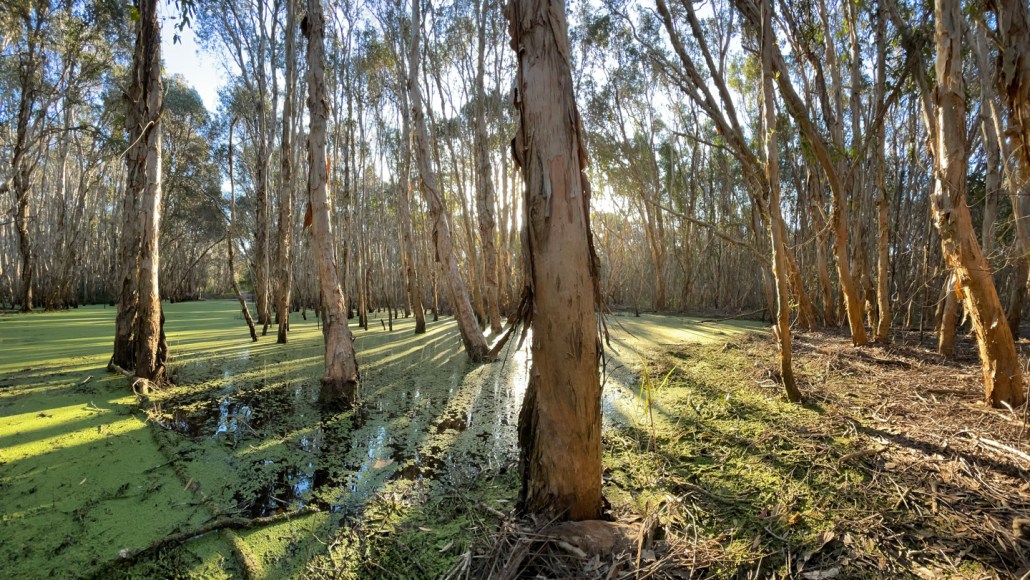
Climate
Hidden tree bark microbes munch on important climate gases
Trees are known for absorbing CO2. But microbes in their bark also absorb other climate-active gases, methane, hydrogen, and carbon monoxide.
By Douglas Fox
Every print subscription comes with full digital access

Trees are known for absorbing CO2. But microbes in their bark also absorb other climate-active gases, methane, hydrogen, and carbon monoxide.
We summarize the week's scientific breakthroughs every Thursday.
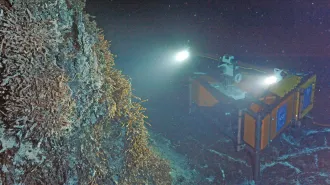
Data from Axial, the most-monitored underwater volcano, are helping geophysicists hone eruption predictions. For Axial, 2026 is their next bet.
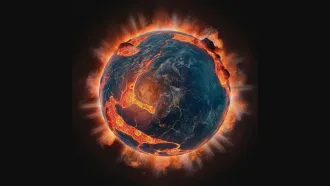
When the early Earth’s magma ocean crystallized 4.4 billion years ago, the deep mantle trapped an ocean’s worth of water, scientists say.

Stalagmite data suggest Homo floresiensis faced prolonged drought that stressed both them and their prey, contributing to their disappearance.

A volcanic eruption may have triggered a deadly chain of events that brought the Black Plague to Europe in the 14th century.

Human activity can cause “healed” faults to release their stored strength, triggering unexpected quakes in tectonically stable regions.

As action from the U.N.’s huge COP30 international meeting falls short, smaller groups are banding together to find ways to fight climate change.

Polar marine ecologist Marianne Falardeau investigates how Arctic ecosystems are shifting under climate change.
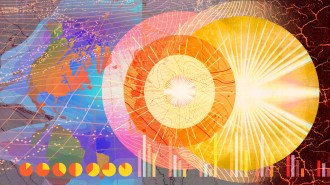
The Trump administration’s cuts to heat research come at a time when climate change is making extreme heat waves more common and intense.
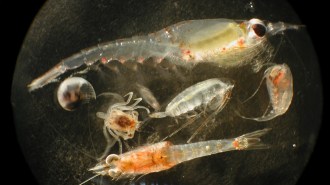
An analysis of mining plumes in the Pacific Ocean reveals they kick up particles sized similarly to the more nutritious tidbits that plankton eat.
Subscribers, enter your e-mail address for full access to the Science News archives and digital editions.
Not a subscriber?
Become one now.